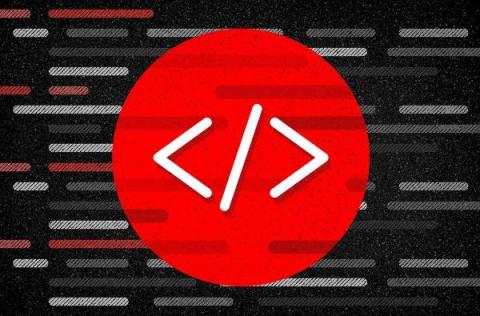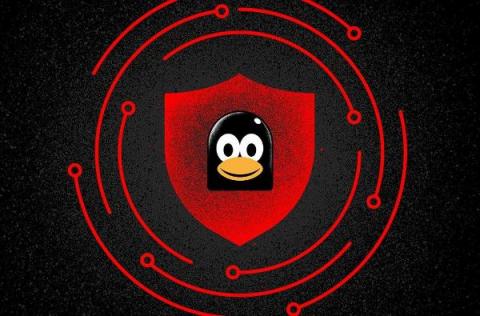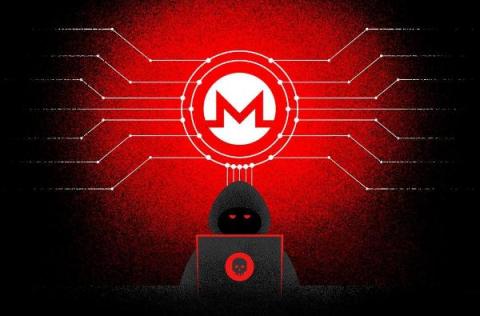Falcon XDR: Why You Must Start With EDR to Get XDR
Since we founded CrowdStrike, one of the things I’m proudest of is our collective ability to work with customers to lead the industry forward. Leadership is more than just being the loudest voice or making wild marketing claims. It’s about listening and working with customers to help them solve their hardest problems to achieve a common goal: stopping breaches.










